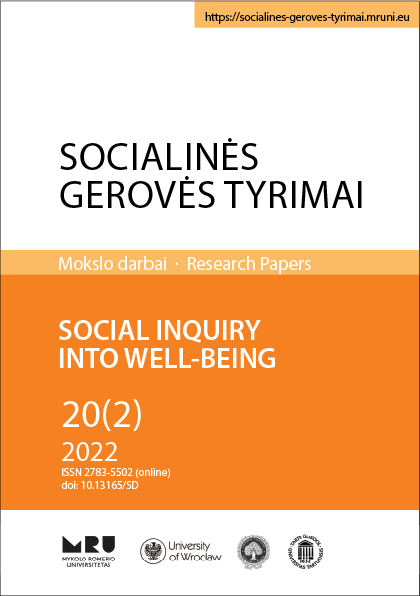LINKS AMONG BULLYING, PSYCHOLOGICAL RESILIENCE, AND THE WORK ENGAGEMENT OF EMPLOYEES: CAN PSYCHOLOGICAL RESILIENCE AS A MEDIATOR REDUCE THE NEGATIVE EFFECT OF BULLYING ON WORK ENGAGEMENT?
##plugins.themes.bootstrap3.article.main##
Abstract
Although the prevalence of bullying at work varies from country to country, organizations
of all types, natures, and sizes face this problem. The phenomenon of bullying at work is identified
as a critical stressor, with serious consequences at both the individual and organizational levels.
The aim of this research is to determine the links among bullying, psychological resilience, and
the work engagement of employees. It is hypothesized that: a) more frequent bullying in the work
environment will be negatively related to employees’ psychological resilience and work engagement;
b) psychological resilience will be positively related to employee work engagement; and c) the
psychological resilience of employees acts as a mediator between the bullying they experience in the
workplace and their work engagement. This research involved 187 participants from Lithuanian
organizations of various types and sizes. Three measures were used for the research: the Negative
Acts Questionnaire – Revised (NAQ-R); the Resilience Scale (RS-14); and the Utrecht Work
Engagement Scale (UWES-9). In addition, sociodemographic questions were included in the
research questionnaire. The main results of the research revealed that bullying in the workplace is
significantly negatively related to the psychological resilience and work engagement of employees. The correlation analysis indicated that the psychological resilience of employees had significantly
positive correlations with the work engagement of employees. The mediation analysis demonstrated
that psychological resilience mediates the relationship between the bullying of employees at work and
their work engagement. It was found that the inclusion of a mediator reduced the magnitude of the
effect, i.e., psychological resilience slightly reduced the negative effect of bullying in the workplace on
the work engagement of employees.
##plugins.themes.bootstrap3.article.details##
Mykolas Romeris University retains copyright ownership and publishing rights. Authors contributing to Social Inquiry into Well-Being agree to publish their articles under a Creative Commons Attribution 4.0 International Public (CC BY) License.![]()


 https://orcid.org/0000-0003-2356-7715
https://orcid.org/0000-0003-2356-7715





